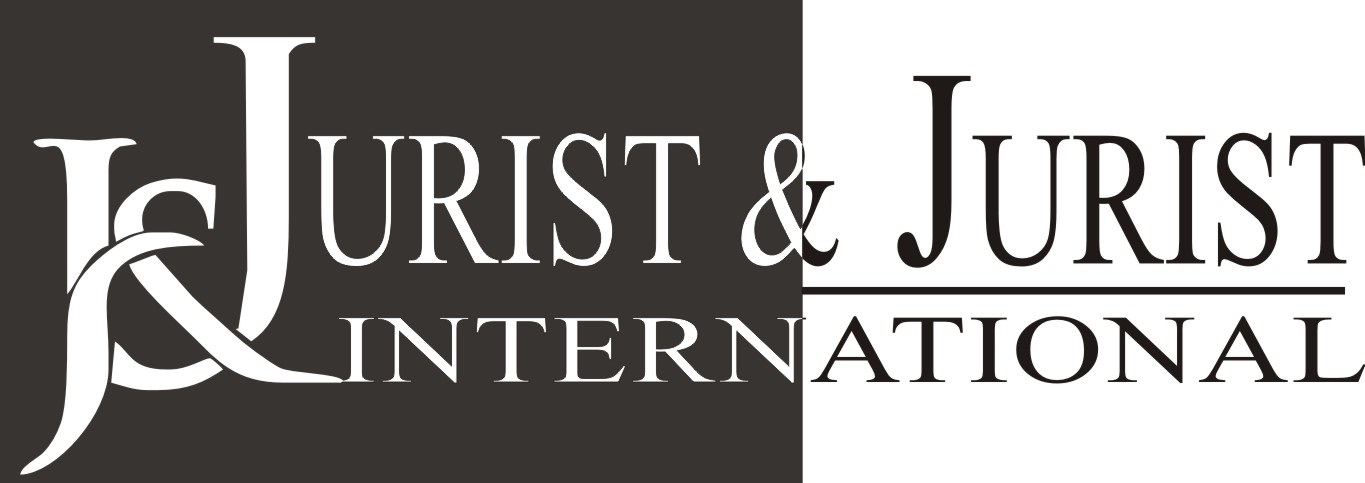OUR Articles

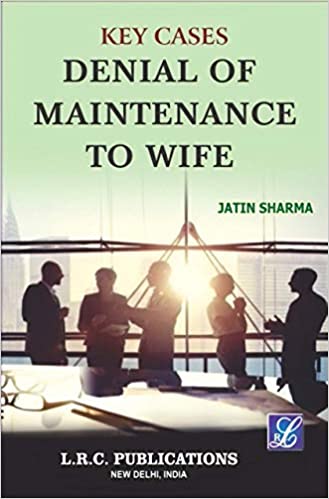
Criminal Procedure Code (Cr. P. C.) & The Bharatiya Nagarik Surakha Sanhita (BNSS)
Indian Penal Code, 1860 (IPC) &. Bharatiya Nyaya Sanhita, 2023 (BNS)
Indian Evidence Act, 1872 & Bharatiya Sakshya Bill, 2023

Unregistered Yet Enforceable: Supreme Court Validates Agreement to Sell in Specific Performance Litigation
In a landmark pronouncement, the Hon’ble Supreme Court of India has reaffirmed the legal permissibility of relying upon an unregistered agreement to sell as admissible evidence in a suit for specific performance. The judgment, delivered in the matter titled Muruganandam vs. Muniyandi (Died) Through LRs, carries significant implications for the jurisprudence surrounding the interplay between evidentiary rules and statutory formalities under the Registration Act, 1908 and the Indian Contract Act, 1872.

The Revolution of AI in Healthcare: A Global Perspective
Introduction
Artificial Intelligence (AI) is revolutionizing the healthcare industry at a global level, significantly enhancing medical research, diagnostics, drug discovery, patient care, and operational efficiencies. AI-driven innovations are transforming the way diseases are detected, diagnosed, and treated, leading to faster, more accurate, and cost-effective healthcare solutions.
AI in Medical Research: Transforming Healthcare Innovation
The integration of AI in medical research is accelerating drug development, disease modeling, and personalized medicine. AI-powered platforms are helping researchers analyze vast datasets, predict drug efficacy, and identify potential side effects before clinical trials.

Understanding Borrowers’ Rights: Legal Safeguards for MSMEs Against Arbitrary Banking Actions
Introduction
Micro, Small, and Medium Enterprises (MSMEs) serve as the backbone of India’s economy, contributing significantly to employment and industrial output. Despite their importance, many MSMEs struggle with arbitrary actions by banks, particularly in times of financial distress. Unilateral classification as Non-Performing Assets (NPAs), coercive loan recovery measures, and forced liquidation without exploring revival options are common issues faced by small businesses.

THE BUNKERS CONVENTION: A DEFINING LEGAL FRAMEWORK FOR MARITIME ENVIRONMENTAL ACCOUNTABILITY
Introduction: Navigating Liability in Maritime Oil Pollution
Maritime trade is the backbone of the global economy, but it also presents significant environmental risks, particularly from bunker oil spills—one of the leading causes of marine pollution. Recognising the need for a structured liability framework, the International Maritime Organisation (IMO) adopted the International Convention on Civil Liability for Bunker Oil Pollution Damage, 2001 (commonly known as the “Bunkers Convention”).
This treaty, which came into force in 2008, ensures that shipowners are strictly liable for bunker oil pollution damage and mandates compulsory insurance to compensate victims. Over the years, the Convention has played a critical role in global maritime law, ensuring environmental protection, financial accountability, and legal certainty in oil spill incidents.

Third-Party Funding in International Arbitration: A Game-Changer for Indian Businesses
Introduction: Unlocking New Avenues for Indian Businesses in Arbitration
International arbitration has long been the preferred mechanism for resolving cross-border commercial disputes. However, the prohibitive costs of legal representation, tribunal fees, and expert witnesses often deter companies—particularly in emerging economies like India—from pursuing legitimate claims.
Enter Third-Party Funding (TPF): a revolutionary financial model that enables businesses to seek arbitration without depleting their capital. By allowing external funders to cover legal expenses in exchange for a portion of the awarded damages, TPF is redefining access to justice, leveling the playing field for Indian enterprises in global dispute resolution.

Supreme Court’s Landmark Judgments Reshaping NCLT & NCLAT: A New Era for Insolvency Resolution in India
In recent times, the Supreme Court of India has delivered a series of landmark judgments that have significantly impacted the functioning of the National Company Law Tribunal (NCLT) and National Company Law Appellate Tribunal (NCLAT). These rulings have provided much-needed clarity on the authority of the Committee of Creditors (CoC), the scope of judicial review in insolvency resolution plans, and the importance of timely insolvency resolutions.
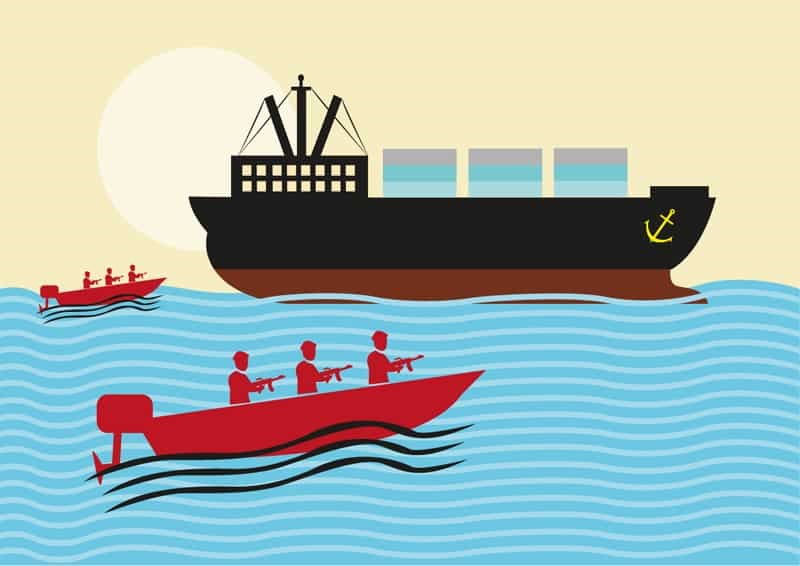
COMPARATIVE ANALYSIS OF CORPORATE GOVERNANCE MODELS ACROSS MAJOR ECONOMIES
Corporate governance is the framework that defines the structure and operation of corporations, delineating the relationship among the company’s management, its board of directors, shareholders, and other stakeholders. The principles of corporate governance play a crucial role in ensuring transparency, accountability, and fairness within the business environment. These principles vary significantly across different economies, shaped by distinct legal traditions, cultural norms, and economic conditions. This article presents a comparative analysis of corporate governance models across major economies, focusing on the Anglo-American model, the German model, the Japanese model, and the hybrid model emerging in various developing economies.

INDIA ON INTERNATIONAL SHIPPING PRIVACY?
India, like many other countries, is concerned about the threat of international shipping piracy and has taken steps to combat this problem.
Commendable Efforts of Indian Navy:
The Indian Navy has played an active role in anti-piracy efforts in the Gulf of Aden and off the coast of Somalia. Indian warships have been deployed to escort Indian and foreign merchant vessels through high-risk areas and have also conducted patrols to deter piracy attacks.
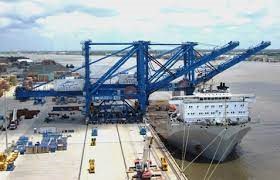
WHARVES, QUAYS, AND JETTIES
Wharves, Quays, and Jetties are all structures that are built along the shoreline to facilitate the loading and unloading of ships and boats.
A wharf is a man-made structure that is built along the water’s edge and is used for loading and unloading cargo. Wharves are usually made of wood or concrete and are often quite large. They can be found in both commercial and industrial areas, and they are typically used by large ships and cargo vessels.

INTERNATIONAL CONVENTION ON CIVIL LIABILITY FOR BUNKER OIL POLLUTION DAMAGE (BUNKERS CONVENTION):
The International Convention on Civil Liability for Bunker Oil Pollution Damage, also known as the Bunkers Convention, is an international treaty adopted by the International Maritime Organization (IMO) in 2001. The Bunkers Convention is designed to ensure that shipowners are financially responsible for any damage caused by oil spills from their vessels.

INDIAN TAXATION ON WHARFAGE CHARGES
In India, wharfage charges are subject to taxation under the Goods and Services Tax (GST) regime. GST is a comprehensive indirect tax that is levied on the supply of goods and services in India.
Under GST, wharfage charges are treated as “supply of service” and are subject to tax at the applicable rate. The rate of GST on wharfage charges depends on the type of cargo being handled and the location of the wharf or dock.

WHAT IS WHARFAGE CHARGES?
Wharfage charges are fees charged by a port authority for the use of the port’s facilities for loading, unloading, and handling of goods. These charges are levied on cargo owners, shipping companies, or other users of the port facilities.

INTERNATIONAL TRADE LAWS
International trade laws refer to the set of rules and regulations that govern trade relations between countries. These laws are designed to promote fair and free trade, protect intellectual property, and ensure that trade benefits all parties involved.

NORTH AMERICAN FREE TRADE AGREEMENT
The North American Free Trade Agreement (NAFTA) was a trilateral trade agreement signed by Canada, Mexico, and the United States in 1994. The agreement eliminated tariffs and other trade barriers between the three countries, promoting free trade and economic integration. Here are some key features of NAFTA:
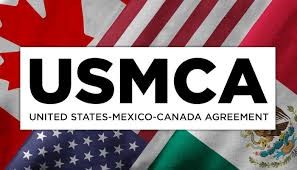
THE UNITED STATES- MAXICO-CANADA AGREEMENT (USMCA)
The United States-Mexico-Canada Agreement (USMCA) was signed by the leaders of the three countries in November 2018.
The USMCA is an updated version of the North American Free Trade Agreement (NAFTA), which had been in place since 1994.

INTERNATIONAL CONVENTION FOR THE PREVENTION OF POLLUTION FROM SHIPS (MARPOL)
The International Convention for the Prevention of Pollution from Ships (MARPOL) is a convention developed by the International Maritime Organization (IMO) to prevent pollution from ships. The convention was first adopted in 1973 and has been amended several times since then.

MARINE ENVIRONMENT PROTECTION COMMITTEE (MEPC)
The Marine Environment Protection Committee (MEPC) is a subsidiary body of the International Maritime Organization (IMO) responsible for the regulation of marine pollution from ships. It was established in 1973 and meets twice a year to develop and adopt regulations and guidelines related to the prevention of pollution from ships.

GLOBAL ENVIRONMENT FACILITY (GEF)
The Global Environment Facility (GEF) is a multilateral financial mechanism established in 1991 to support global environmental projects. It operates as a partnership of 184 countries, international organizations, and civil society organizations.

The GloBallast Partnerships Project (2007-2017)
The GloBallast Partnerships Project was a global initiative launched in 2007 by the International Maritime Organization (IMO) in collaboration with the Global Environment Facility (GEF) and a range of other international partners. The project aimed to address the problem of invasive aquatic species introduced through the discharge of ballast water from ships.

INTERNATIONAL MARITIME ORGANIZATION (IMO)
The International Maritime Organization (IMO) is a specialized agency of the United Nations (UN) that is responsible for promoting the safety, security, and environmental performance of international shipping. The IMO was established in 1948 and is headquartered in London, UK.

INDIAN GOVERNMENT’S LATEST POLICY FOR FOREIGN COMPANIES
The Indian government has been taking various policy measures to attract foreign investment and improve the ease of doing business in India. Here are some of the latest policies for foreign investment players in India:
- Production-Linked Incentive (PLI) Scheme:
The Indian government has launched the PLI scheme to encourage domestic manufacturing and attract foreign investment in key sectors such as electronics, pharmaceuticals, and textiles.

BENEFITS TO FOREIGN COMPANIES IN INDIA
There are several benefits for foreign companies operating in India, including:
- Large and growing consumer market: India has a large and growing consumer market, with a population of over 1.3 billion people. This presents significant opportunities for foreign companies looking to expand their customer base and increase their revenue.

DUE DILIGENCE BY FOREIGN COMPANIES OR CORPORATES FOR THEIR INVESTMENTS IN INDIA
Pre & post investment
Foreign companies can build their confidence in the Indian economy by taking the following steps:
- Conduct market research: Before entering the Indian market, foreign companies should conduct thorough market research to understand the local business environment, consumer behavior, and regulatory landscape. This will help them to identify potential opportunities and challenges and develop a successful market entry strategy.

INTERNATIONAL COURT OF JUSTICE AND ITS LANDMARK CASES
The International Court of Justice (ICJ) is the principal judicial organ of the United Nations (UN), and it settles legal disputes between states and gives advisory opinions on legal questions referred to it by UN organs and specialized agencies.

SECURITIES LAWS IN INDIA
Securities laws in India are primarily governed by the “Securities and Exchange Board of India (SEBI) Act, 1992”, which established the Securities and Exchange Board of India (SEBI) as the regulatory body for the securities market in India.
SEBI is responsible for regulating and overseeing various aspects of the securities market, including issuing regulations and guidelines, registering and regulating market intermediaries, and enforcing securities laws and regulations.

THE INDIAN CONSTITUTION
The Constitution of India is the supreme law of India, which outlines the framework for the government of India, fundamental rights, and duties of the citizens, and the powers and functions of the various branches of the government. The Constitution of India was adopted on November 26, 1949, and came into effect on January 26, 1950, replacing the Government of India Act, 1935.

CYBERSTALKING:
Stalking is the act of following a particular person for a long time. Usually, a stalker follows the following person everywhere and also threatened by repeatedly calling or sending messages. In cyberstalking, the stalking is done by using the internet or electronic media which involves sending emails and SMSs to that person or victim…..
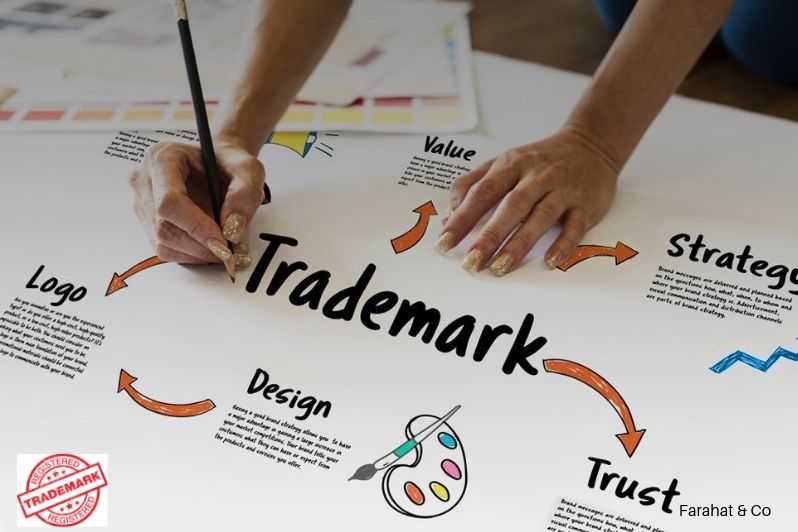
WANT TO GET YOUR LOGO REGISTERED? HERE’S 5 SIMPLE STEPS TO DO SO:
A logo or trademark is an emblem, a visible mark or symbol used to aid and promote identification and recognition by the public at large. It may be of an abstract or figurative design or include the text of the name it represents as in a word mark.
A new business/startup gets its name and acclaim through its extraordinary, unique logo design and trademark…..

WHAT IS PUBLIC INTEREST LITIGATION & HOW DOES IT WORK IN INDIA ?
Public Interest Litigation (PIL) implies a legal action initiated in a court of law for the enforcement of public or general interest in which the public or general class of the community have some pecuniary or other interest by which their legal rights or liabilities are affected. An individual or group of people can directly file a Public Interest Litigation in the Supreme Court of India……

PAPER ON ESG
ESG stands for environmental, social and governance. ESG data reflect the negative externalities
caused by an organization with respect to the environment, to society and to corporate governance. These are non-financial factors investors use to measure an investment or companys sustainability. Environmental factors look at the conservation of the natural world, social factors examine how a company treats people both inside and outside the company and governance factors consider how a company is run…..
